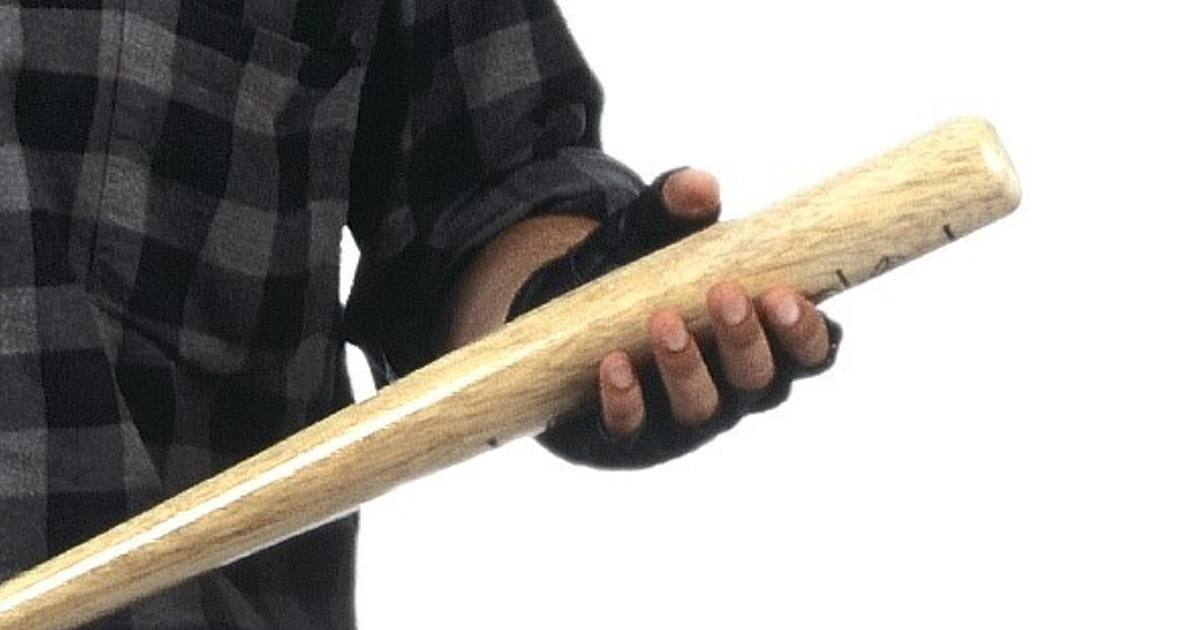|
By Chris Rossini
America's monetary system is a government-created disaster. The Federal Reserve System is in fact a "system," and it was erected by an Act of Congress in 1913. This crony arrangement between politicians and bankers lies at the root of most (if not all) of America's major problems. Unfortunately, with political pressures being what they are, politicians will not address the Federal Reserve System until economic reality forces them to. Politicians will not "End The Fed" until they have no other choice. With that being the case, we must deal with the situation as it is, and with a "system" that creates a lot of economic suffering, especially for the poor. It is the poor who bear the brunt of inflation. In other words, when the Fed prints new money, all existing money that people have in their wallets and purses loses value. People (especially the poor) suffer the consequences with rising bills and prices at the retail stores. Politicians then come in to capitalize on the situation with their good intentions and legislative band-aids. In other words, the politicians proceed to kick the poor while they're down. The fan favorite is for the politicians to raise the minimum wage in order to "help." But this only ends up outlawing jobs for the poor and low-skilled. If the minimum wage is $15/hr., all people without the productivity and skills to earn $15/hr. will be forced into unemployment. A businessperson will not (and cannot) lose money in hiring people. Even if a person would be more than happy to work for $10/hr, and an employer would gladly pay it, the government forbids the voluntary arrangement from ever taking place. While the minimum wage is the go-to and feel-good government intervention, it is far from the only one. Government gets a lot of kicks in when it comes to making life more miserable for the poor. A new proposal to "help" the poor is now being floated, and that's the idea that government should cap the rate of interest that banks charge on credit cards at 15%. (Politicians seem to have a thing for the number 15). People who are a high credit risk naturally have to pay a high rate of interest in order to get a loan. Bankers don't want to lose money anymore than anyone else. So if you're a high credit risk, the interest rate for the loan will be high as well. At least the loan is available to people who are a high credit risk. If you're in dire straits and can only get a loan at 20% interest, at least the bankers are there to provide it to you. But if government caps the rate at 15%, you're out of luck. You can thank the caring politicians for forcing you to remain in your dire straits. Now you can't get a loan at all. Who do you think will benefit the most from a 15% cap? Well, if drug dealers benefitted the most from the government's "drug war," who would benefit from a government "war" on high interest rate loans? Black market loan sharks! Now people in dire straits will have to get their 20% loan from the dark alley. Here's something very important to consider: What happens if you're unable to pay back a 20% loan to a bank? Will the bank come and break your leg? No, it will not. But will the guy from the dark alley break your leg if you don't pay him back? The guy from the dark alley can't take you to court. The loan that he made to you was illegal. So he has to be his own enforcer, and he will most likely enforce with violence. Will a 15% cap cause an increase in broken legs at the hospitals? It wouldn't be surprising if it does. These are the consequences that politicians keep creating. They move from creating one disaster after another. Their good intentions always hurt the very people that they say they are helping. Politicians can't help anyone with force. It always backfires, whether it be in ways that are seen or are unseen, and whether the backfire happens now or later. The backfire cannot be avoided. Comments are closed.
|
Archives
July 2024
|


 RSS Feed
RSS Feed



